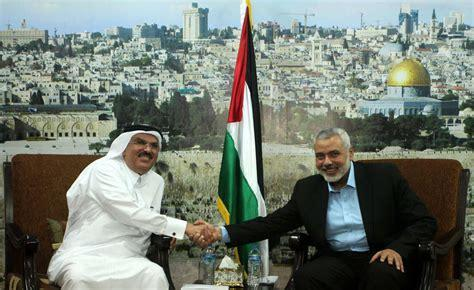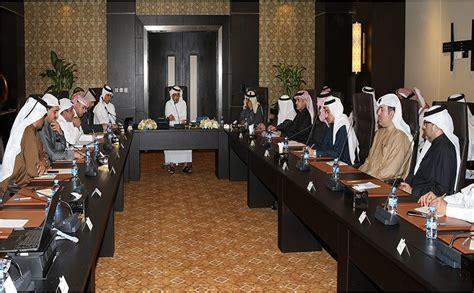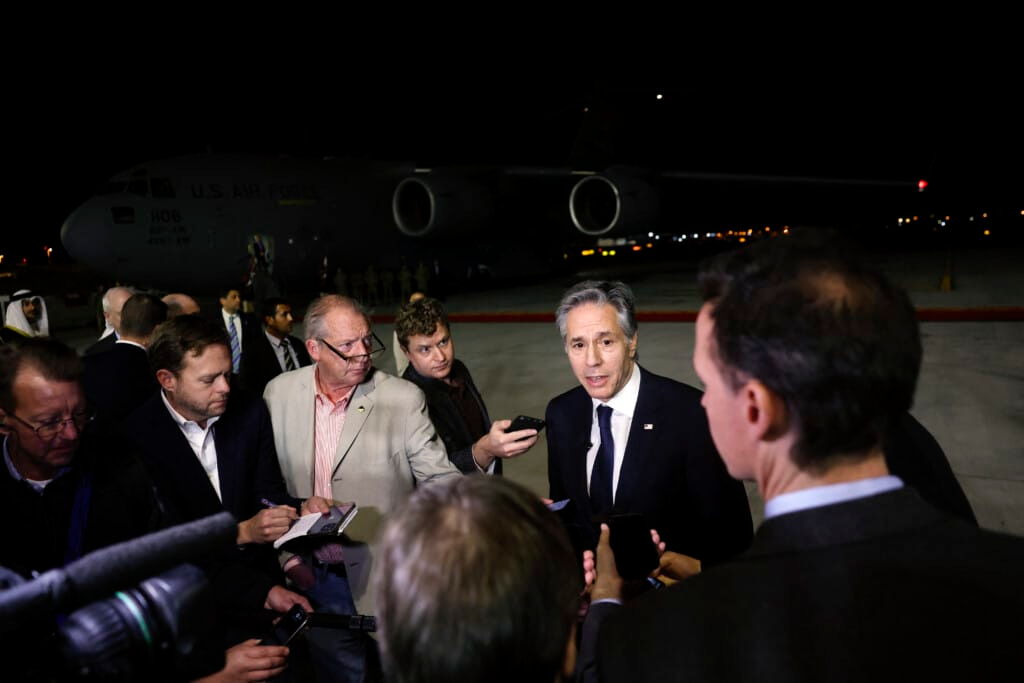Mossad chief’s warning, Middle East terror, Qatar intrigue, Taiwan jitters and more
Israeli Spy’s Warning: Tamir Pardo, a former director of Mossad, warned Israelis that Prime Minister Benjamin Netanyahu’s “extremist” government threatens to destroy the strategic relationship with the United States. In a column on the website of Israel’s Keshet 12 TV channel, Pardo writes, “The great risk for the State of Israel is that, for the first time, Israel may run into a head-on collision with a supreme American national security interest. This irresponsible conduct of the Israeli government and its leader could lead to an existential threat to the Jewish state and also to the Jews of the Diaspora.” Pardo, who has been a strong critic of Netanyahu after he ran the Mossad from 2011 to 2016, says there are clear signs of this looming strategic divorce, and Israelis should take them to heart. “Woe to us if, one morning, the Pentagon and the State Department came out with a statement to Congress and the White House in which it was said that Israel ceased to be an asset to the United States and became a strategic burden!”







